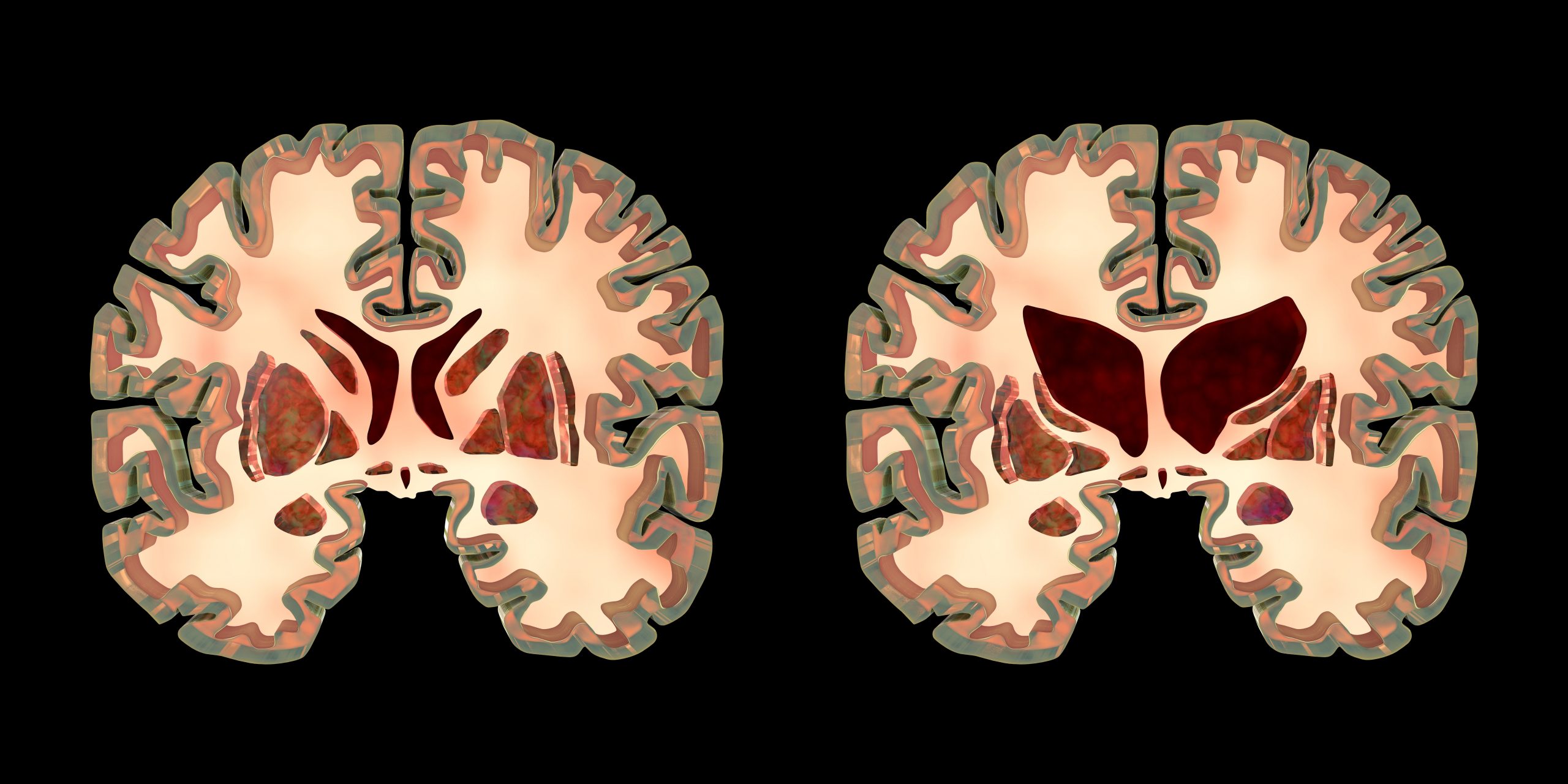
When Life’s Clock Skips a Beat
Let’s set the scene—you’re somewhere in your 30s or 40s, juggling work, family, your half-finished fitness goals, maybe even the weird habit of snacking late at night. Out of nowhere, you trip on the stairs, or maybe you just can’t shake that sour mood. You tell yourself it’s stress. Or age. Or not sleeping enough (been there). But what if it’s something hiding behind the scenes, like Huntington’s disease?
This article isn’t a doom-and-gloom downer—promise. But it is real talk. We’ve all heard the big question—maybe whispered at first, then said out loud when the family’s ready: Is Huntington’s disease fatal? If you’re searching for stone-cold facts, gentle hope, and a little practical guidance…you’re in the right spot. Let’s pull up a chair and dive in.
The Family Ghost No One Wants
So, first off—Huntington’s disease. Heard of it? Maybe it’s run through your family like a stubborn ghost, or maybe you just want to understand what it really means. Here’s the short version: it’s a rare genetic condition that causes the brain to slowly lose its spark. Think of it like a phone battery that loses charge quicker every day, until you’re living life on “Low Battery” mode for good… That’s harsh, I know. But knowledge is power, right?
How Does It Actually Sneak Up?
It doesn’t hit like a sudden thunderstorm. Instead, symptoms trickle in slowly. You might notice little things: an off-balance step, a drop in your memory, or maybe your signature becomes messy. Hey, who among us hasn’t had a clumsy day, or picked a fight over dishes when something bigger’s burning underneath?
You’ll hear experts say the first signs—things like mood swings or being a bit more forgetful than usual—tend to appear in your 30s or 40s. For some, it’s earlier; for others, later (What is the first sign of Huntington’s disease). That’s why catching Huntington’s early is tough. The symptoms show up as tiny annoyances before turning into full-on challenges with walking, talking, or swallowing later on according to the NHS.
Sounds familiar? Maybe it’s not you—maybe it’s a parent, or someone you care about. That’s where most families start their Huntington’s journey. And boy, it’s not one they’d ever choose.
Wait—Is Huntington’s Disease Fatal?
All right, time for some candor. Short answer: Yes, Huntington’s disease is fatal. There’s no sugarcoating it. If someone carries this genetic “flaw,” their brain cells will keep breaking down over time. No diet, no workout routine, no meditation app will stop it completely…(though more on living well later, don’t despair!).
But this isn’t a death sentence tomorrow, or a “life’s over now” declaration. Here’s the twist: it’s a super slow process. According to what researchers and neurologists have learned (research on Huntington’s disease life expectancy), most people live 15–20 years after the first major symptoms. Sometimes it’s even more. That’s an entire era—enough for teens to become adults, enough to see grandkids, enough to finish those huge book series or take that dream trip.
And…deep breath…not everyone’s story is the same. Some live past 25 years after onset, and new treatments mean hope is real. But would I call Huntington’s disease “curable”? Not yet. Would I call it “fightable”? Absolutely, yes.
Why So Fatal? Why Not Just a Lifelong Condition?
Okay, here’s the thing—Huntington’s isn’t fatal in the same way as, say, a heart attack or a lightning strike. It chips away at the tools you need for life: swallowing, breathing, walking, balance, and memory. Death is rarely by “Huntington’s itself,” but rather by pneumonia, infection, choking, or injury—often because the brain can’t send the right signals anymore (see more). That’s what makes it a tough, quiet opponent.
And don’t let anyone tell you it hits just men or just women—it’s equal opportunity for both per Mayo Clinic.
Spotting Trouble: What Are the First Signs?
Ever tripped over nothing and brushed it off as “just clumsy”? You’re not alone. I have a friend—let’s call her Jamie—whose dad used to put his coffee in the freezer…not the fridge. “Classic Dad move,” we joked, until he forgot his keys three days in a row, then had trouble following road directions he’d known for years. Slow changes, barely there…even the family missed them at first.
According to What is the first sign of Huntington’s disease and research at Stony Brook Medicine, you want to watch for:
- Trouble focusing or forgetfulness
- Unexplained mood swings, anxiety, or depression
- Awkward movements (hands, feet, face twitches)
- Personality changes—maybe becoming more impulsive, or even a bit irritable
- Clumsiness, or sudden loss of balance
All pretty standard life stuff, right? That’s what makes Huntington’s so sneaky. It can look like “just stress.” That’s why, if it runs in your family, or these signs crop up out of nowhere, it’s worth getting checked. Don’t overthink—but don’t ignore your gut, either.
Diagnosed—Now What?
Diagnosis is a mix of history, brain and movement checks, and yes, a genetic blood test. This part? A heavy decision for many. Genetic knowledge has power…but it can bring anxiety too. About half of at-risk people decline testing, either out of fear or just not wanting to know what the future holds.
If you are curious, genetic counselors are seriously worth their weight in gold. They talk you through the risks, help you plan, and get your whole family on the same info page—which, let’s be honest, is no small feat.
Counting the Years—What’s the Real Life Expectancy?
Here’s the tough love section: if your main keyword is “Is Huntington’s disease fatal,” you’re probably also wondering about Huntington’s disease life expectancy.
| Timeline | What to Expect |
|---|---|
| Onset to death | 10–30 years (usually 15–20 years after major symptoms) |
| Average age at death | 61–64 years old (general pop: 76–77 years) |
| Causes of death | Pneumonia, injury from falls, choking, heart complications, rarely suicide |
| Juvenile onset | Shorter life expectancy (about 10 years after symptoms start) |
Let me be real: statistics are tricky—they hide the lived experience. Some people live full lives for decades post-diagnosis, while others have a steeper hill to climb according to Healthline.
I’ll add: the loss in life expectancy hurts more emotionally than numerically. It’s the “prime years,” the “I was just getting started!” feeling that’s unfair. Yet…there’s a lot we can do to stretch the good years, and that matters a ton.
What Makes Life Expectancy Vary?
Think of Huntington’s like running a marathon where everyone starts at a different mile marker. Science says those with more CAG repeats in the huntingtin gene start (and progress) earlier as explained here. Environmental stuff counts too—how active you are, how strong your support system is, how soon you spot the signs.
The length and quality of life depends on a lot—mood, nutrition, managing other illnesses, and good old-fashioned luck. And as with all health conditions, people are wildly unique. That’s why sharing your family’s story helps researchers paint a clearer picture for the next person searching Huntington’s disease life expectancy.
Not Just Surviving: Living Well With Hope
Heavy subject…so let’s talk about hope. It’s easy to feel like Huntington’s is just storm clouds, but, wow, there’s legit sunlight breaking through in science these days.
Recently, a breakthrough gene therapy trial out of London stunned everyone by slowing Huntington’s decline by 75% (see the BBC headline story). Imagine that: instead of a decline every year, it’s stretched to four—more time with family, hobbies, love, and even going back to work (one early patient literally got to ditch the wheelchair, stand tall, and walk again).
Treatments can’t cure Huntington’s (yet), but symptom management is getting stronger: physiotherapists help with balance, psychologists help with mood swings, and nutritionists keep muscles healthy for longer says Cleveland Clinic. Every year, new clinical trials pop up, and people living with Huntington’s are joining in and shaping tomorrow’s research.
Little Wins, Big Payoff
I can’t overstate how small, everyday wins make a difference. My pal Mike’s mom (her name’s Lisa) was told she’d be in a wheelchair by 60. She signed up for a support group, started gentle yoga, and, get this, started singing lessons to keep her speech strong. She’s walking, singing (not great, to be honest, but she says karaoke is for the soul, not the ears), and still making cheeky jokes at 68.
Does every tip work for everyone? Nope. But stacking good habits—movement, brain teasers, therapy—all add precious quality time. Sometimes that’s all you need: another birthday, another grandkid’s joke, another sunrise.
So, What’s Next? Your Move…
If you’re here, you probably know someone—or are someone—who’s asking, “Is Huntington’s disease fatal?” And now you know. Yes, it is, but life’s not just about the end. It’s the in-between—those extra years full of family, friends, and, I hope, hope (and maybe a few less clumsy days, too).
One more thing. If any of this sounds familiar—if “quirky” symptoms or family stories are nagging at your brain—reach out. Talk to your doc. Ask about genetic counseling. Share this post with someone who’s wondering. Peek at early signs with what is the first sign of Huntington’s disease, or dig into timelines with Huntington’s disease life expectancy. There’s no wrong reason to educate yourself or your loved ones.
Please—share your story, join a support group, or just keep asking questions. Every story helps someone, somewhere, feel less alone. Our brains—and our lives—are too precious to leave in the dark.
And if you ever feel like life’s clock is winding down too soon, remember: you control more than you think. A diagnosis isn’t your story’s ending…just a new chapter. Let’s keep writing it, together.

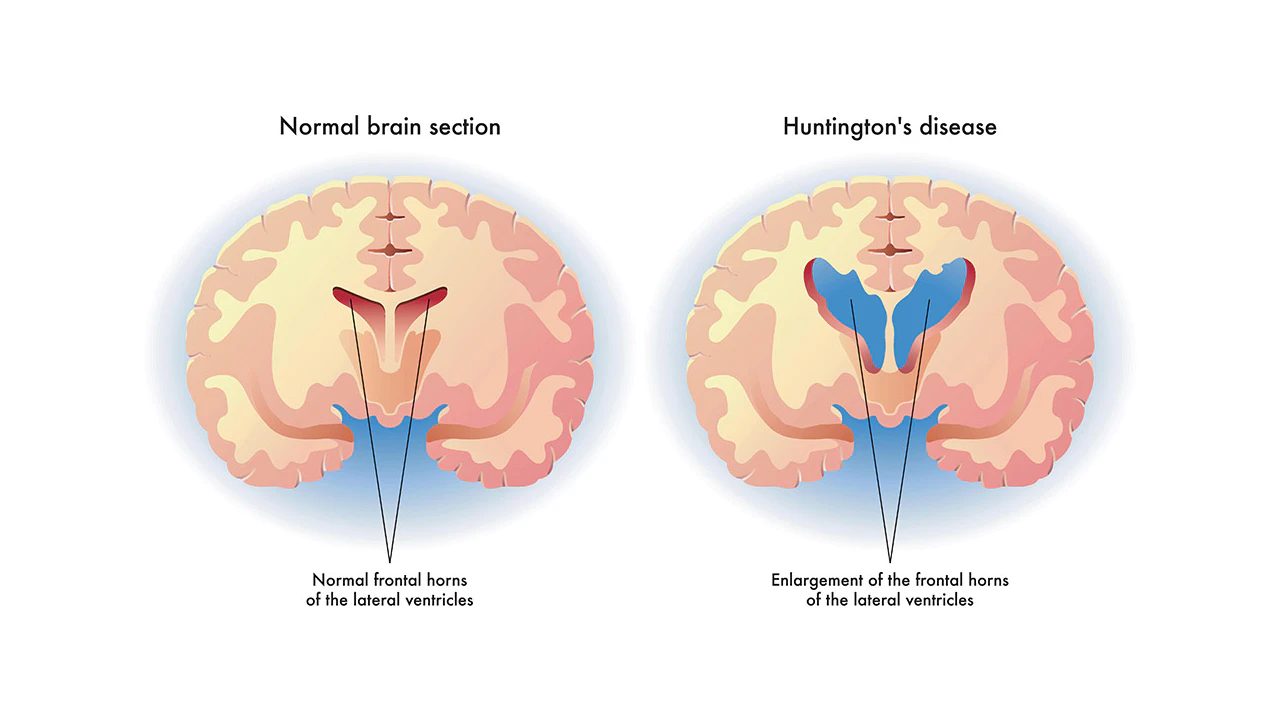




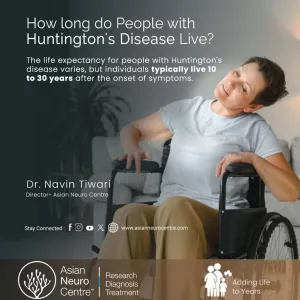
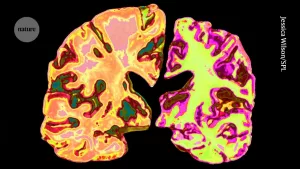
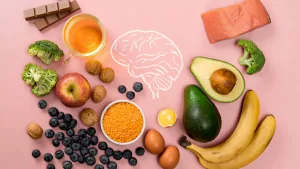
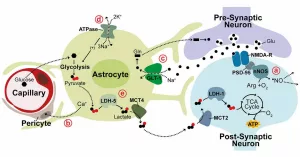


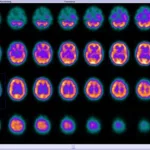





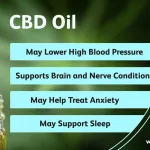
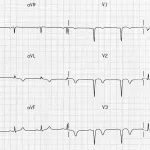





Leave a Reply
You must be logged in to post a comment.